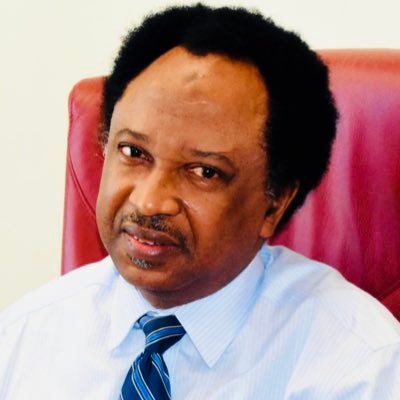Shehu Sani, former senator, has faulted the position of President Muhammadu Buhari on the relocation of the US Africa Command (AFRICOM). AFRICOM, wit
Shehu Sani, former senator, has faulted the position of President Muhammadu Buhari on the relocation of the US Africa Command (AFRICOM).
AFRICOM, with headquarters in Stuttgart, Germany, is one of the 11 departments of defence combatant commands of the US which focuses on improving security in African countries. The US established AFRICOM in 2007, but it became fully operational in 2008.
During a virtual meeting with Anthony Blinken, US secretary of state, on Tuesday, Buhari asked the US to consider relocating AFRICOM to Africa in other to help in the fight against insecurity on the continent.
However, Shehu Sani on Wednesday faulted this move, saying it is an invitation for recolonisation. He described the president’s stance as “unconscionable”, adding that the relocation of AFRICOM to Africa will attract other foreign military institutions which may balkanise and militarise the continent.
“Over six decades since independence, African countries should purposefully work together to confront & address their security challenges, while honorably seeking foreign technical assistance. The call for the US to relocate its US Africa Command HQ to Africa is unconscionable,” he tweeted.
“Once the US relocates their HQ to Africa, Russia, China, Iran, Saudia, Israel, and co would follow suit with establishing their Commands HQs, and then Africa will be militarily balkanized; then we either become like Korea or like Syria.
“The President’s call for World powers military HQ on African soil is an open invitation for recolonisation of Africa. It’s easier to tell and get them to come and when they come, it’s impossible to tell and get them to go out.”
